The Black Swan – Book Summary
The Impact of the Highly Improbable
Nassim Nicholas Taleb
Rating: 7.8
“The most prophetic voice of all.”
—GQ
The Black Swan is a book published in 2007 that focuses on the extreme impact of rare and unpredictable outlier events and the human tendency to find simplistic explanations for these events, retrospectively. Taleb calls this the Black Swan theory.
Taleb warns against the dangers of ignoring outliers and trusting experts. He gives advice on how to position oneself to take advantage of the unexpected. He creates a fictional narrative about an author’s rise to literary stardom and draws upon the work of some of his favorite thinkers in the fields of philosophy, mathematics, and psychology.
“Remember that you are a Black Swan.”
-The Black Swan, Nassim Nicholas Taleb – Book Summary by Make Me Read
Contents
The Black Swan Problem
The whole concept comes from the idea of how swans were conceived before the discovery of Australia. Back then everyone was convinced that all swans were white. It was all completely confirmed by the previous evidence that they had. Now when they went to Australia they had the sighting of the first black Swan.
“Missing a train is only painful if you run after it! Likewise, not matching the idea of success others expect from you is only painful if that’s what you are seeking.”
–The Black Swan, Nassim Nicholas Taleb – Book Summary by Make Me Read
As you see, one single observation is all it takes to really invalidate a whole general statement, derived from millennia of confirmatory sightings of millions of white swans. All you need is one single black swan to flip everything on its head. So the things that had never been seen before, completely unpredictable, completely unimaginable. Even so in the real world. We’re completely guided by these Black Swan things because we can’t see them coming. We can’t manage for them.
“The problem with experts is that they do not know what they do not know”
–The Black Swan, Nassim Nicholas Taleb – Book Summary by Make Me Read
For an event to qualify as a Black Swan, it must fulfill the following:
- It’s an outlier: Nothing that has happened before can convincingly point to even the possibility of the event.
- It carries an extreme impact
- It becomes explainable only after the fact
Human nature fools us into believing that we should have been able to know it would happen all along. Other examples of Black Swans are the outbreak of WWI, 9/11, Black Monday and the Indian Ocean earthquake and tsunami.
“It has been more profitable for us to bind together in the wrong direction than to be alone in the right one. Those who have followed the assertive idiot rather than the introspective wise person have passed us some of their genes. This is apparent from a social pathology: psychopaths rally followers.”
–The Black Swan, Nassim Nicholas Taleb – Book Summary by Make Me Read
The Black Swan problem is also called “the problem of induction”. The basic principle is that there are great uncertainties when trying to forecast the future, given the knowledge of the past. How can we expect to be able to figure out the properties of something that is infinite and unknown, based on something that is finite and known?
Let’s take another example, a textbook one.
Imagine that you’re a turkey, living on a farm. From the day that you were born, some friendly creatures with two legs and two arms have been feeding you. Every day, they keep coming back with food! Also, they’ve built a nice fence that protected you from that hairy thing on four legs, which looked like it wanted to rip your guts out. They even bring female turkeys to you occasionally. What lovely creatures they seem to be!
For every passing day, as you are fed, protected and stimulated, you become more and more certain that these must be the friendliest creatures on earth! Until that day called Thanksgiving when they’re no longer so friendly anymore.
Thanksgiving definitely came as a Black Swan for this turkey. From the point of view of the turkey, it was totally unexpected, had an extreme impact, and if it could have reasoned around the event after its occurrence, it might even have found explanations for it.
From this, we can conclude that a Black Swan is a sucker’s problem. It’s only a Black Swan if you’re not informed. This goes for randomness in general. It’s nothing else than a lack of knowledge. For the turkey, him making it to the Thanksgiving table of some hungry human family, was totally unexpected. But the family had probably known the exact date of the event for months.
There’s a cousin of the Black Swan which is called the Grey Swan. This concerns the “known unknowns” – things that we know that we don’t know. We don’t know how fast a man can run 100 meters, but we know that we don’t know that! A Black Swan, on the other hand, is an “unknown unknown”. We don’t even know that we don’t know that.
“When you develop your opinions on the basis of weak evidence, you will have difficulty interpreting subsequent information that contradicts these opinions, even if this new information is obviously more accurate.”
–The Black Swan, Nassim Nicholas Taleb – Book Summary by Make Me Read
Imagine a book that you have never read, and that you haven’t enjoyed a summary of on StoryShots, of course. That contains a lot of unknown unknowns. If you decide to read the book one day, at some point, you’ll exclaim: “Oh, I didn’t know that!” but you can’t foresee today what content you’ll be exclaiming that about.
The Apprenticeship of an Empirical Skeptic
Taleb introduces readers to the concept of the anti-library, the idea that the unread books in one’s personal library are more important than the read books. The anti-library embodies Taleb’s main theme, the idea that what we don’t know is more important than what we do know.
“We tend to use knowledge as therapy.”
–The Black Swan, Nassim Nicholas Taleb – Book Summary by Make Me Read
Taleb explores how his personal experiences growing up in an unexpectedly war-torn Lebanon and his later experiences in business and finance helped shape his ideas and his identity as what he calls an empirical skeptic.
“Categorizing is necessary for humans, but it becomes pathological when the category is seen as definitive, preventing people from considering the fuzziness of boundaries,”
–The Black Swan, Nassim Nicholas Taleb – Book Summary by Make Me Read
He describes history as opaque, essentially a black box of cause and effect. One sees events go in and events go out, but one has no way of determining which produced what effect. Taleb argues this is due to The Triplet of Opacity. These include:
- The illusion of understanding, or how everyone thinks they know what is going on in a world that is more complicated (or random) than they realize
- Retrospective distortion, or how we can assess matters only after the fact
- The tendency to categorize or “platonify,” a process that leads to dangerous oversimplification
In summary, unpredictable “Black Swans” drive history, and the human mind is blind to them.
“The inability to predict outliers implies the inability to predict the course of history”
–The Black Swan, Nassim Nicholas Taleb – Book Summary by Make Me Read
Mediocristan vs. Extremistan
Taleb also introduces us to the two domains of randomness: Mediocristan, a scenario in which, “when your sample is large, no single instance will significantly change the aggregate or the total,” and Extremistan in which inequalities are such that one single observation can disproportionately impact the aggregate or the total.

“Ideas come and go, stories stay.”
–The Black Swan, Nassim Nicholas Taleb – Book Summary by Make Me Read
He uses them as guides to define the predictability of the environment one is studying. Mediocristan environments can safely use Gaussian distribution. In Extremistan environments, a Gaussian distribution should be used at one’s own peril.
Mediocristan
When Taleb was a student he was advised to choose a scalable career path. If you’re a doctor, dentist, consultant or message professional, there is a limit to the number of clients you can see in a day AND the amount of money you can make in one day. It isn’t scalable. The pay is more or less predictable and depends on your continuous effort. There will be differences in your income over time, but no single day of work will have a huge impact on your lifetime earnings. The differences between the successful and less successful aren’t too big, and at least somewhat predictable. These professions aren’t black swan driven and are performed in Mediocristan.
“If you survive until tomorrow, it could mean that either a) you are more likely to be immortal or b) that you are closer to death.”
–The Black Swan, Nassim Nicholas Taleb – Book Summary by Make Me Read
Another example of a Mediocristan environment is the casino. In the casino, no single bet is allowed to deviate too far from the mean. If one gambler could place a bet of e.g. 1 billion, the casino owner would face an Extremistan environment. Casino owners, of course, like a stable business model, therefore they limit the bet sizes so one single bet can’t have too big an impact, positive or negative.
Extremistan
Other professions allow you to add zeros to your output and your income. “Idea” professions as trading and writing, allow you to think intensely instead of working hard. You do the same amount of work whether your output is 100 or 1 million. J. K Rowling will not have to write a new book for each additional sale, but the baker will have to form new bread for each additional customer.
“Prediction, not narration, is the real test of our understanding of the world.”
–The Black Swan, Nassim Nicholas Taleb – Book Summary by Make Me Read
These professions are performed in Extremistan. One payday can have a potentially huge impact on your lifetime income and the difference between the successes and failures are extreme. Other examples of Extremistan environments are deaths from war, financial markets, and venture capital investing.
Black Swans are generally found among scalable variables.
The Implications of Black Swan Blindness
Nassim Taleb talks about related issues to the Black Swan that emerge from our blindness to it.
Confirmation Bias
People exhibit confirmation bias, a tendency to look for (ignore) evidence that supports (conflicts with) views already held. People are naturally inclined to jump to conclusions and focus on evidence confirming those conclusions
“Believe me, it is tough to deal with the social consequences of the appearance of continuous failure. We are social animals; hell is other people.”
–The Black Swan, Nassim Nicholas Taleb – Book Summary by Make Me Read
People are very likely to confuse the statement “no evidence of black swan” with “evidence of no black swan”. Take the example of the turkey again. In the first 1000 days of its life, it sees “no evidence of a black swan”, but it confuses it with “evidence of no black swan”. Statements as “almost all terrorists are Muslims” are also likely confused with the statement “almost all Muslims are terrorists”, with is obviously a very different and untrue statement.
The Narrative Fallacy
People (especially historians) naturally construct stories (narratives) about historical events with unjustified assumptions of causality, thereby giving a false sense of understanding. People, therefore, think the world is less random than it really is. They are blind to Black Swans. Stories constructed around Black Swans that have recently occurred make people far overestimate the probability of recurrence. New Black Swans will be events that no one envisions.
“The way to avoid the ills of the narrative fallacy is to favor experimentation over storytelling, experience over history, and clinical knowledge over theories.”
–The Black Swan, Nassim Nicholas Taleb – Book Summary by Make Me Read
Living in the Antechamber of Hope
Black Swan deniers seek a steady stream of modestly positive investment returns, hoping that no negative Black Swan will intervene (or oblivious to the possibility of Black Swans). Observers generally deem them “successful.”
“We are quick to forget that just being alive is an extraordinary piece of good luck, a remote event, a chance occurrence of monstrous proportions.”
–The Black Swan, Nassim Nicholas Taleb – Book Summary by Make Me Read
Black Swan exploiters position for rare huge returns from positive and negative Black Swans, with their positions meantime bleeding slowly for unpredictable intervals while they wait. Observers generally deem them “unsuccessful.” In short, Black Swan hunters delay gratification and must have considerable “personal and intellectual stamina.”
The Problem of Silent Evidence or Survivorship Bias
Silent evidence (survivorship bias) conceals randomness, especially Black Swans. Professions involving scalable variables have a lot of casualties and an extreme survivorship bias.
Many long-term outperformers in scalable professions (such as investment advisors) began with an extremely lucky streak. Those that started with bad luck lost money and disappeared. Consider the sailors of the 15th century that came back after their voyages to tell that they survived through many storms through praying together. Does this imply that praying together makes it less likely for your ship to sink?
Well, maybe, but we must also consider the rest of the sailors – those that didn’t survive the voyages. Did they pray? Or well, did they not?
“If you want to get an idea of a friend’s temperament, ethics, and personal elegance, you need to look at him under the tests of severe circumstances, not under the regular rosy glow of daily life.”
–The Black Swan, Nassim Nicholas Taleb – Book Summary by Make Me Read
We may never know because they can’t really tell us from the bottom of the ocean! In short, humans are made to be superficial, ignoring silent evidence and thereby distorting the importance of Black Swans.
The Ludic Fallacy, or the Uncertainty of the Nerd
The uncertainty encountered in real life is more fundamental than the sterilized, domesticated uncertainty present in games. Black Swans are events that we do not envision and for which we cannot assign probabilities.
“You need a story to displace a story.”
–The Black Swan, Nassim Nicholas Taleb – Book Summary by Make Me Read
In summary, games are a poor analogy for real-life with scalable variables.
The Scandal of Prediction
Taleb argues that we definitely get smarter and more knowledgeable, but the problem is that our overconfidence grows faster. He refers to a study in which participants are asked to make an estimation of which they believe to have a 98% chance of being right, and 2% of being wrong. For example: “I am 98% certain that the population of America is between 250m and 400m.”
The error rate of the participant’s estimations was sky-high: 45%, instead of the 2% the participants were asked to aim for. These participants were Harvard Business School students.
The takeaway here is that they were 22 times too confident in their own knowledge. Taleb notes that more humble groups of people, like cab drivers, are considerably better at estimating their own knowledge, though still way too confident.
“It has been more profitable for us to bind together in the wrong direction than to be alone in the right one. Those who have followed the assertive idiot rather than the introspective wise person have passed us some of their genes. This is apparent from a social pathology: psychopaths rally followers.”
–The Black Swan, Nassim Nicholas Taleb – Book Summary by Make Me Read
A common theme through the book is that humans, in general, can’t predict anything. But we think we can.
“The problem with experts is that they do not know what they do not know”
–The Black Swan, Nassim Nicholas Taleb – Book Summary by Make Me Read
What Do You Do if You Cannot Predict?
In chapter 13, the book discusses what can be done regarding epistemic arrogance. He recommends avoiding unnecessary dependence on large-scale harmful predictions, while being less cautious with smaller matters, such as going to a picnic.
“The next time someone pesters you with unneeded advice, gently remind him of the fate of the monk whom Ivan the Terrible put to death for delivering uninvited (and moralizing) advice. It works as a short-term cure.”
–The Black Swan, Nassim Nicholas Taleb – Book Summary by Make Me Read
He makes a distinction between the American cultural perception of failure versus European and Asian stigma and embarrassment regarding failure: the latter is more tolerable for people taking small risks. He also describes the “barbell strategy” for investment that he used as a trader, which consists of avoiding medium-risk investments and putting 85–90% of the money in the safest instruments available and the remaining 10–15% on extremely speculative bets.
“Prediction, not narration, is the real test of our understanding of the world.”
–The Black Swan, Nassim Nicholas Taleb – Book Summary by Make Me Read
Investment Strategy
Some modest tricks for identifying situations where favorable consequences are much larger than unfavorable ones:
- Distinguish between positive and negative potential Black Swan impacts
- Make a distinction between positive and negative contingencies. Where is the lack of human predictability extremely beneficial and where it is extremely hurtful? Hurtful: homeland security, military, insurance, banking, and loans. Positive: publishing, venture capital.
- Do not seek precision in anticipating Black Swans
- Don’t look for the precise and the local. Don’t be narrow-minded! Pasteur, the man behind the famous quote “Chance favors the prepared”, understood that you don’t look for anything, in particular, each morning, but you work hard to let contingency enter your working life. Don’t try to predict any specific Black Swan as it will blind you to others. Invest in preparedness, not in prediction.
- Seize anything that looks like a Black Swan opportunity. There are few such chances
- Seize any opportunity or anything that looks like an opportunity. Opportunity is much rarer than you would think. Remember that positive black swans need a critical first step: Exposure.
- Set no store in government forecasts
- Beware of precise plans by governments. The government’s purpose is to survive and self-perpetuate, not get to the truth.
- Waste no energy arguing with forecasters, stock analysts or economists
- “There are some people who, if they don’t already know, you can’t tell them” – Yogi Berra. Don’t waste your time arguing with forecasters, economists, stock analysts and social scientists. The accuracy of a forecast with get worse over time.
Check out Make Me Read for summary of the best business books.
Don’t forget to check us out of Facebook, LinkedIn, Instagram, Twitter, and Medium.

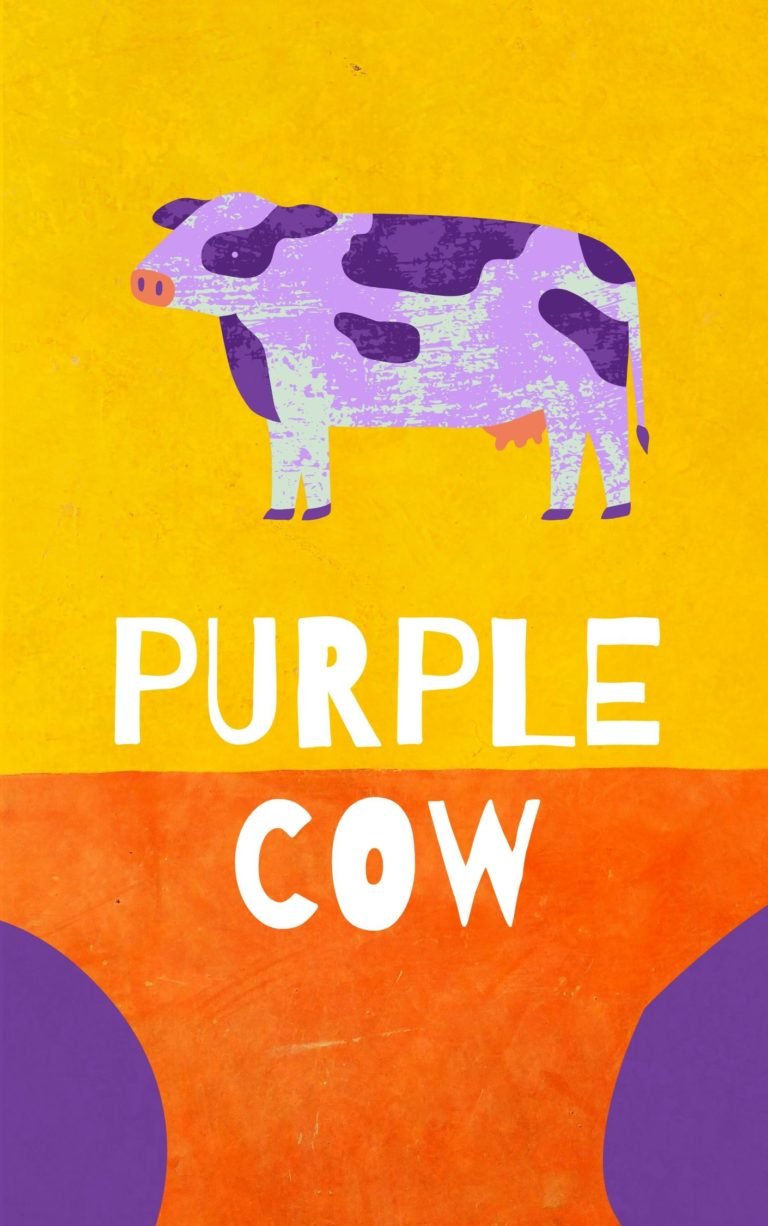

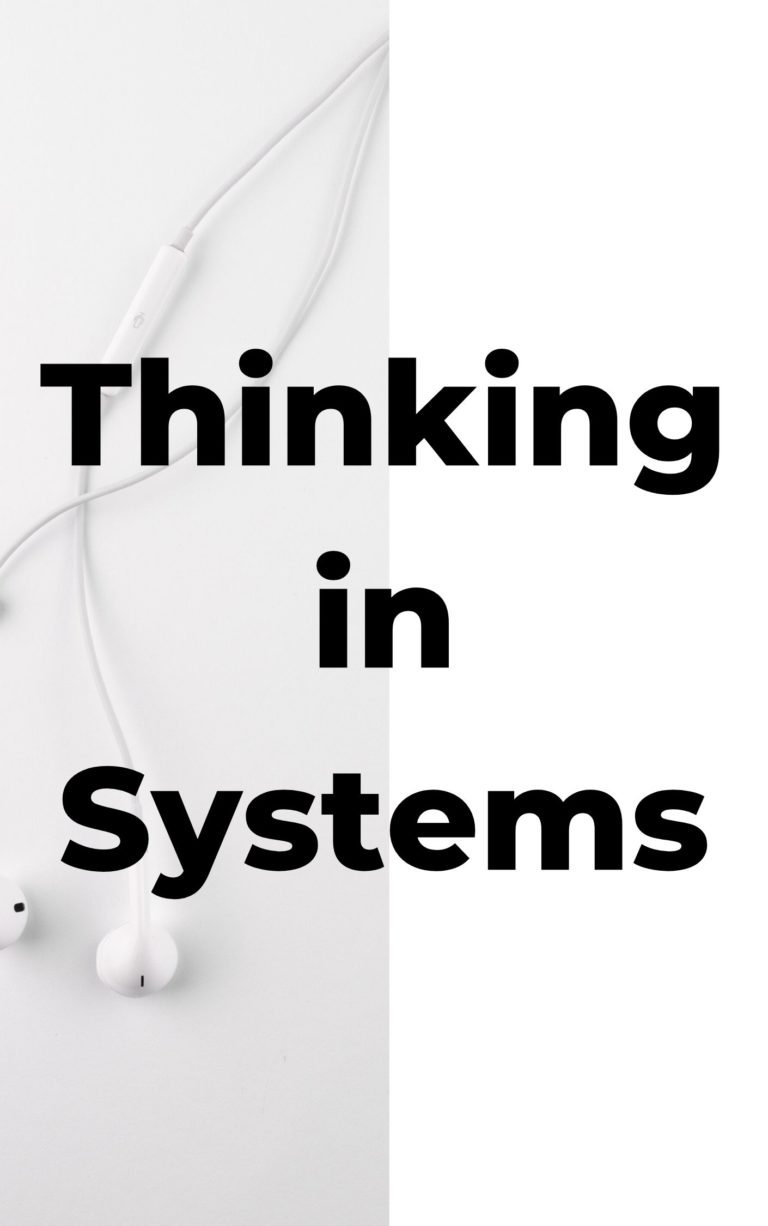
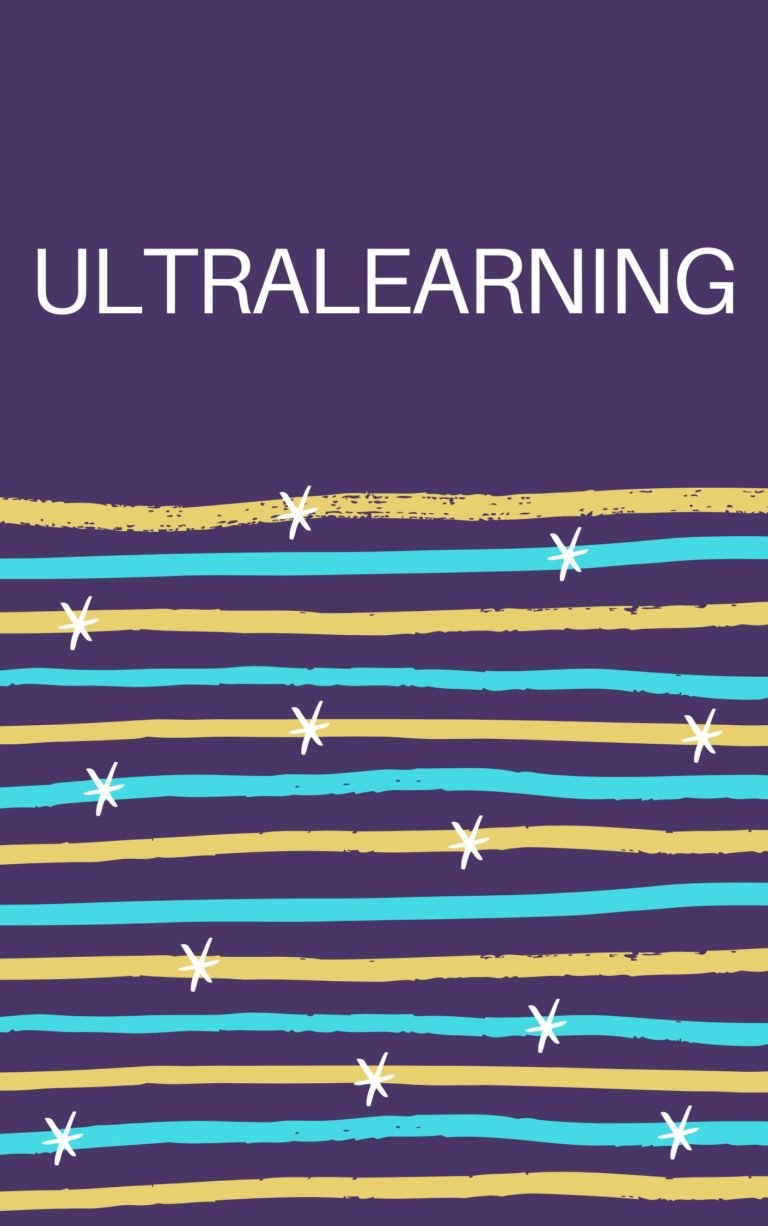
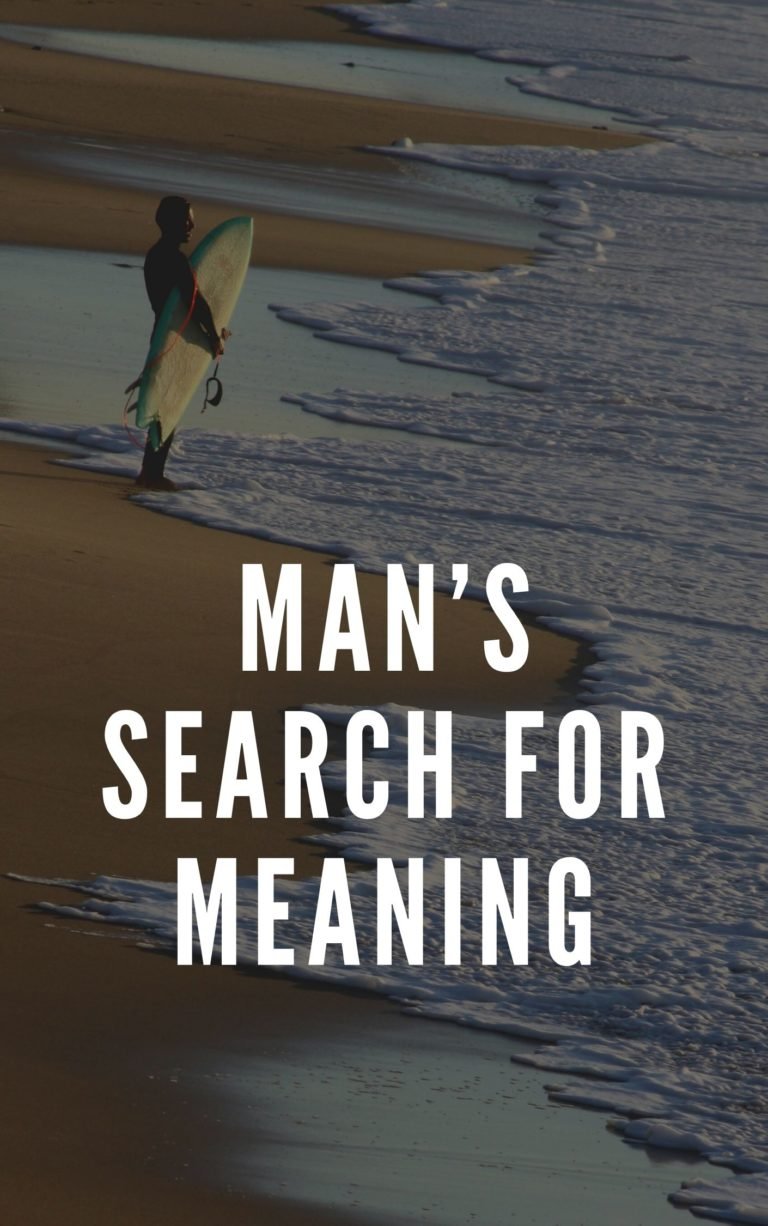
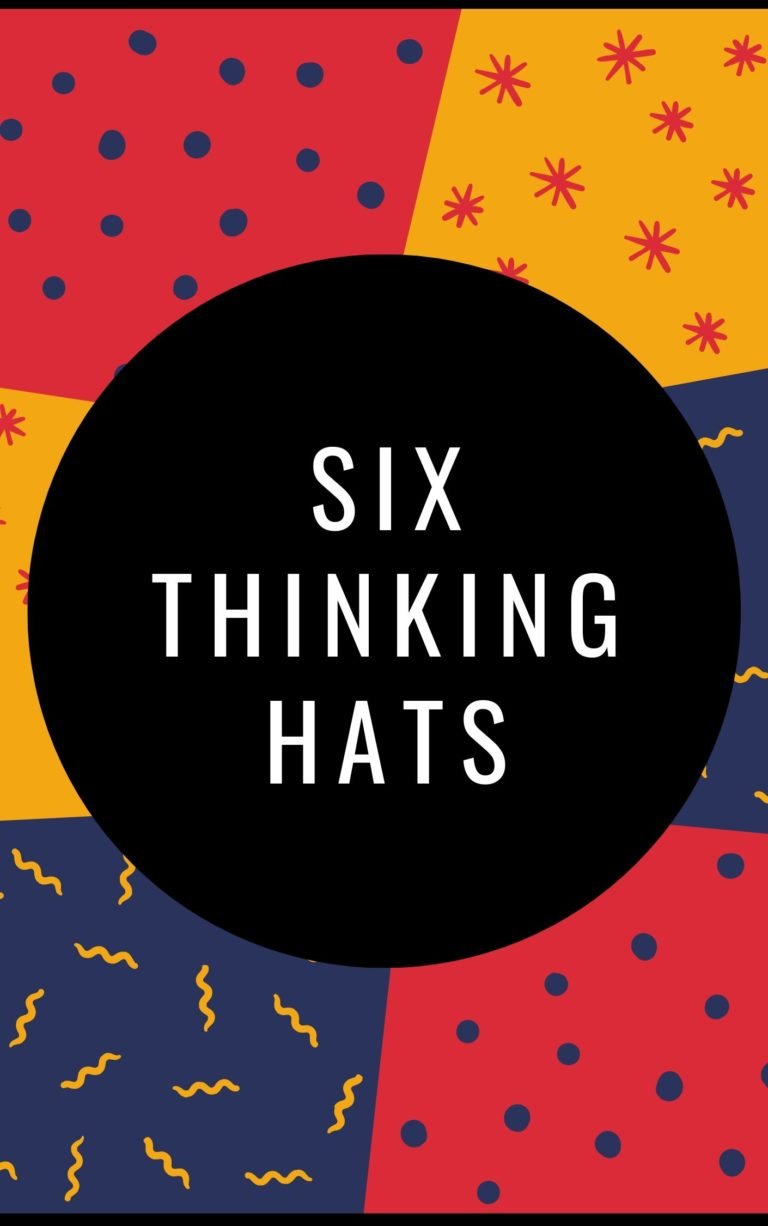
2 Comments